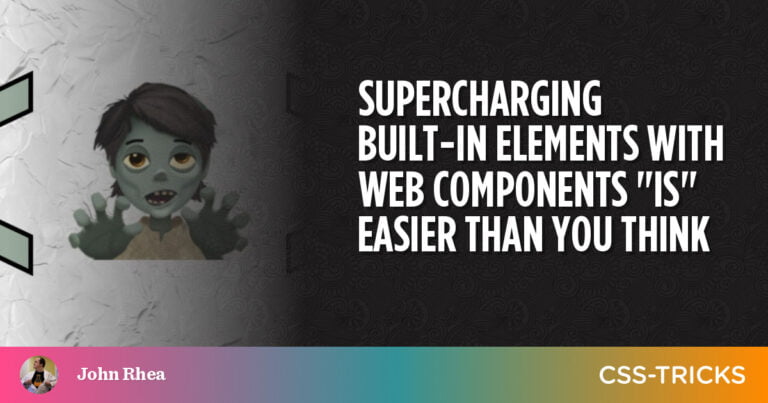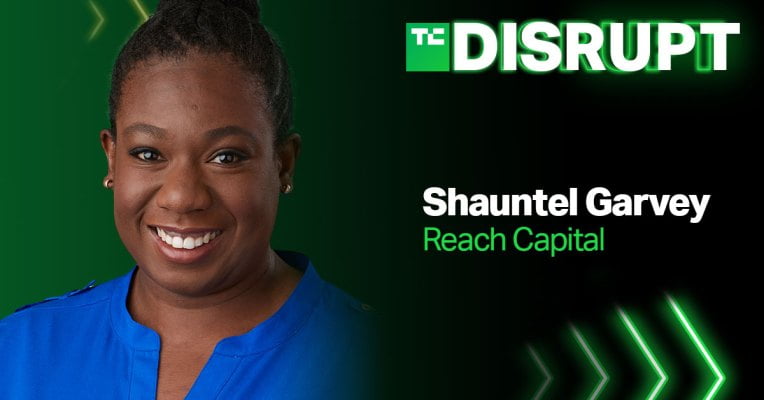Facebook is broken, and after a recent deluge of damning internal company leaks to the press and Congress, the world has unassailable proof of how troubled it really is.
Almost 2 billion people around the world use a product owned by Meta (formerly called Facebook), including WhatsApp and Instagram, every day. For many of its users, the nearly $1 trillion valuation company is the internet and their primary platform for communication and information. Millions of us are dependent on its products in one way or another.
So what can be done to fix Facebook? Or is it past the point of fixing?
The documents leaked by employee whistleblower Frances Haugen, which were first reported by the Wall Street Journal in late September, revealed a host of problems: how Facebook-owned Instagram can be detrimental to teenagers’ mental health, how the company struggled to contain erroneous anti-vaccine Covid-19 content posted by its users, and how political extremism spread on the platform leading up to the January 6 Capitol riot. The documents Haugen leaked also showed that Facebook was seemingly aware of serious harms caused by its products, but in many cases failed to sufficiently address them.
In a statement, Facebook spokesperson Drew Pusateri responded in part: “We take steps to keep people safe even if it impacts our bottom line. To say we turn a blind eye to feedback ignores these investments, which includes the over $5 billion we’re on track to spend this year alone on safety and security, as well as the 40,000 people working on these issues at Facebook.”
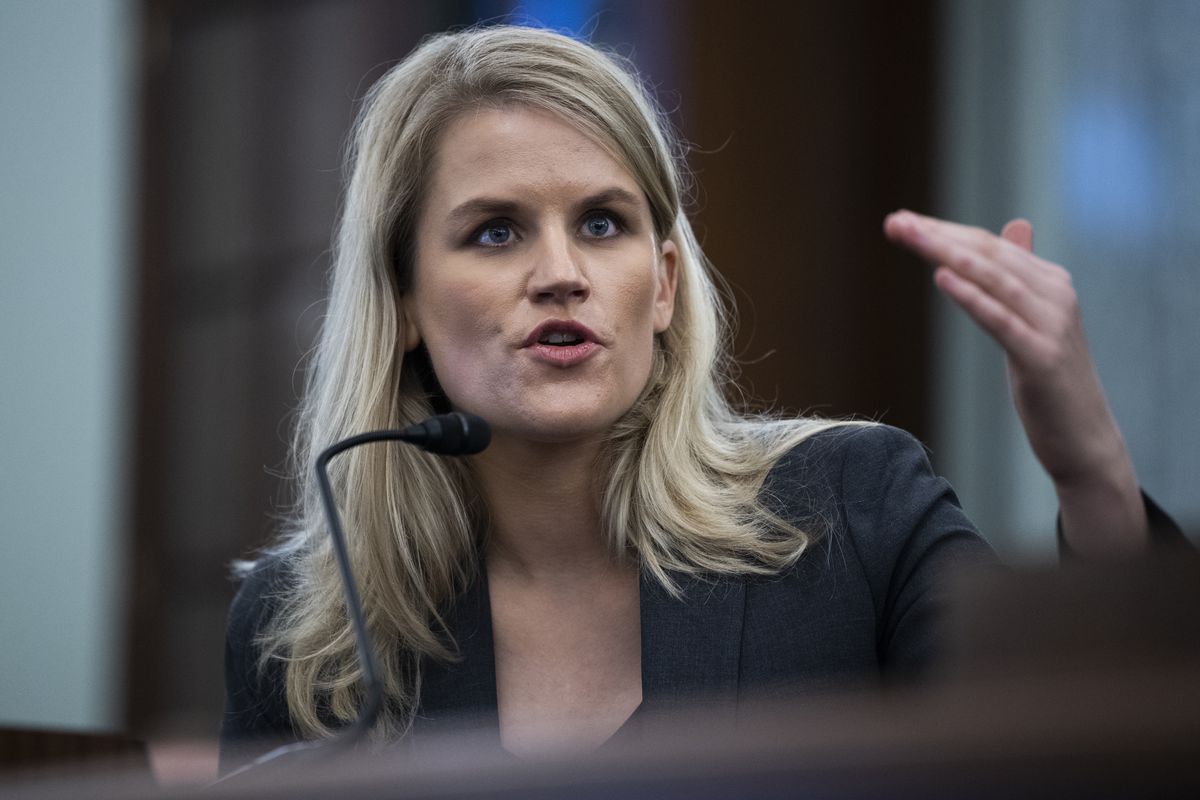
For years, Congress has debated how and if it should regulate Facebook and other major social media products like Twitter, TikTok, Snapchat, and Google-owned YouTube. Outside researchers have been raising concerns about how the potentially grave long-term consequences of these platforms may be harming society at large. American users across the political spectrum have become increasingly suspicious of Big Tech. And even Facebook itself has said it welcomes regulation (while at the same time saying it’s against some regulation efforts, like strengthening antitrust laws). But so far, federal bills to regulate privacy, competition, or other aspects of social media businesses have gone nowhere.
Now, the gravity of the new reporting about Facebook — particularly the research about Instagram’s harm to teenagers — is leading many Republicans and Democrats to agree that even if their political motivations are different, something must be done to rein in Facebook.
And it’s not just Congress that’s thinking about Facebook’s problems and how to deal with them, it’s also social scientists, the company’s former and current employees, policy experts, and the many people who use its services.
Even Facebook says it is seeking guidance on how to address some of its problems. The company says that, for two and a half years, it has been calling for updated regulations on its business.
“Every day, we make difficult decisions on where to draw lines between free expression and harmful speech, privacy, security, and other issues, and we use both our own research and research from outside experts to improve our products and policies,” wrote Pusateri. “But we should not be making these decisions on our own which is why for years we’ve been advocating for updated regulations where democratic governments set industry standards to which we can all adhere.”
So now is an urgent time to explore ideas old and new — inside and outside the realm of political reality — about how to confront a seemingly intractable problem: Can Facebook be fixed?
To try to answer that question, Recode interviewed 12 of the leading thinkers and leaders on Facebook today: from Sen. Amy Klobuchar, who is leading new Senate legislation to update antitrust laws for the tech sector; to Stanford Internet Observatory researcher Renee DiResta, who was one of the first researchers to study viral misinformation on the platform; to former Facebook executive Brian Boland, who was one of the few high-ranking employees at the company to speak out publicly against Facebook’s business practices.
First, most believe that Facebook can be fixed, or at least that some of its issues are possible to improve. Their ideas are wide-ranging, with some more ambitious and unexpected than others. But common themes emerge in many of their answers that reveal a growing consensus about what Facebook needs to change and a few different paths that regulators and the company itself could take to make it happen:
- Antitrust enforcement. Facebook isn’t just Facebook but, under the Meta umbrella, also Instagram, WhatsApp, Messenger, and Oculus. And several experts Recode interviewed believe that forcing Facebook to spin off these businesses would defang it of its concentrated power, allow smaller competitors to arise, and challenge the company to do better by offering customers alternatives for information and communication.
- Create a federal agency to oversee social media, like the Food and Drug Administration. The social media industry has no dedicated oversight agency in the US the way that other industries do, despite its growing power and influence in society. That’s why some people we interviewed advocated for making a new agency — or at least increasing funding for the existing FTC — so that it could regulate safety standards on the internet the same way the FDA does for food and pharmaceutical drugs.
- Change Facebook’s leadership. Facebook’s problems are almost synonymous with the leadership of Mark Zuckerberg, who has unilaterally controlled the company he started in his Harvard dorm room in 2004. Many interviewees believe that for any meaningful change to happen, Facebook needs an executive shake-up, starting from the very top.
- Section 230 reform. Section 230 is a landmark law that protects free speech as we know it online. It does that by shielding tech companies like Facebook from facing legal consequences for the real-world harm users can cause with the content they post on its platforms. But reforming 230 in a way that won’t run into First Amendment challenges, or entrench incumbents like Facebook itself, will be challenging.
- Increase transparency. You can’t fix a problem if you don’t know exactly what the problem is. Facebook, like other social media companies, is largely a black box to researchers, journalists, and analysts trying to understand how its complex and ever-changing algorithms dictate what billions of people see online. Which is why some of the experts interviewed by Recode argued that Facebook and other social media companies should be legally required to share certain internal data with vetted researchers about what information is circulating on their platforms.
- Hold Mark Zuckerberg and other Facebook executives criminally liable. This was the most extreme idea proposed, but some experts Recode interviewed suggested that Facebook executives should be criminally prosecuted for either misleading business partners or downplaying human harms their company causes.
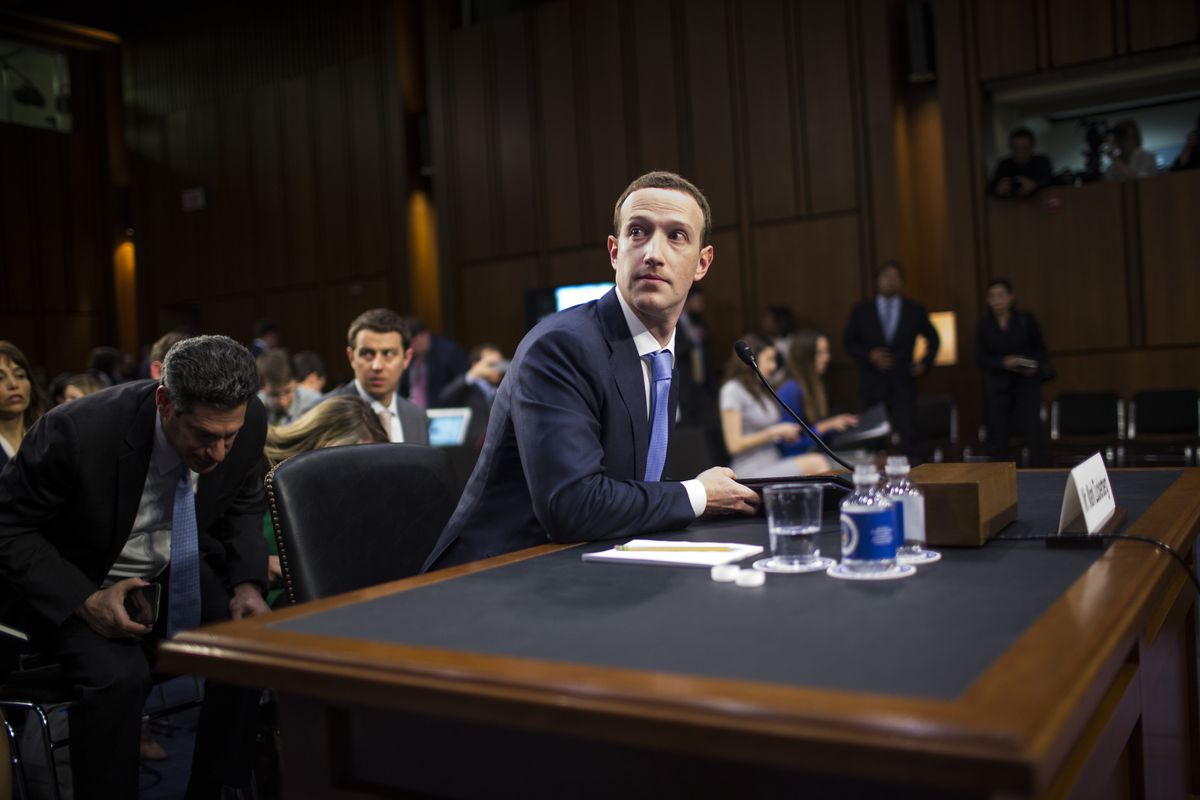
Other approaches proposed by interviewed experts are more incremental, like redesigning Facebook’s Groups, a part of the app that has been a breeding ground for conspiracy movements like QAnon, anti-vaccine activism, and extremist political events.
The interviews were conducted separately. In each, Recode asked, “How would you fix Facebook?” Each expert defined on their own what they believe are Facebook’s biggest problems, as well as how they would fix them. Recode then asked follow-up questions based on the interviewees’ answers. These interviews have been combined, condensed, and edited for length and clarity.
Their answers are in no way a comprehensive list of all the possible solutions to Facebook’s problems, and many of them would be difficult to achieve anytime soon. But they offer a thoughtful start during a pivotal moment, as millions of people are reconsidering the bargain they agree to each time they use the company’s products.
Sen. Amy Klobuchar
Table of Contents
- 1 Sen. Amy Klobuchar
- 2 Brian Boland, former Facebook executive
- 3 Roger McNamee, early Facebook investor and member of “the real Facebook oversight board”
- 4 Benedict Evans, technology analyst
- 5 Rep. Ken Buck
- 6 Rashad Robinson, president, Color of Change
- 7 Nate Persily, professor at Stanford Law School and director of the Stanford Cyber Policy Center
- 8 Sen. Ed Markey
- 9 Katie Harbath, former director of public policy at Facebook
- 10 Derek Thompson, staff writer, the Atlantic
Sen. Amy Klobuchar (D-MN) has long been a leader in Congress calling for regulation of the social media industry, on topics from political advertising to health misinformation. In October, Klobuchar introduced a Senate antitrust bill aimed at stopping major tech platforms from using their power to unfairly disadvantage competitors. Klobuchar also is the chair and top-ranking Democrat on the Senate antitrust committee.
How would you fix Facebook?
One, I would send Mark Zuckerberg to jail for securities fraud and advertising fraud. Maybe Sheryl Sandberg too, for insider trading. There, you have a cultural lawlessness, and you have to address that it’s a threat to the law. So we’ve got to start there.
They lied to advertisers around their reach. And that caused advertisers to spend more money on Facebook than they would have. And with these advertising frauds, they decided not to tell investors. [Editor’s note: Facebook has been sued by advertisers for allegedly inflating key metrics around how many of its users actually see advertisements companies pay for.]
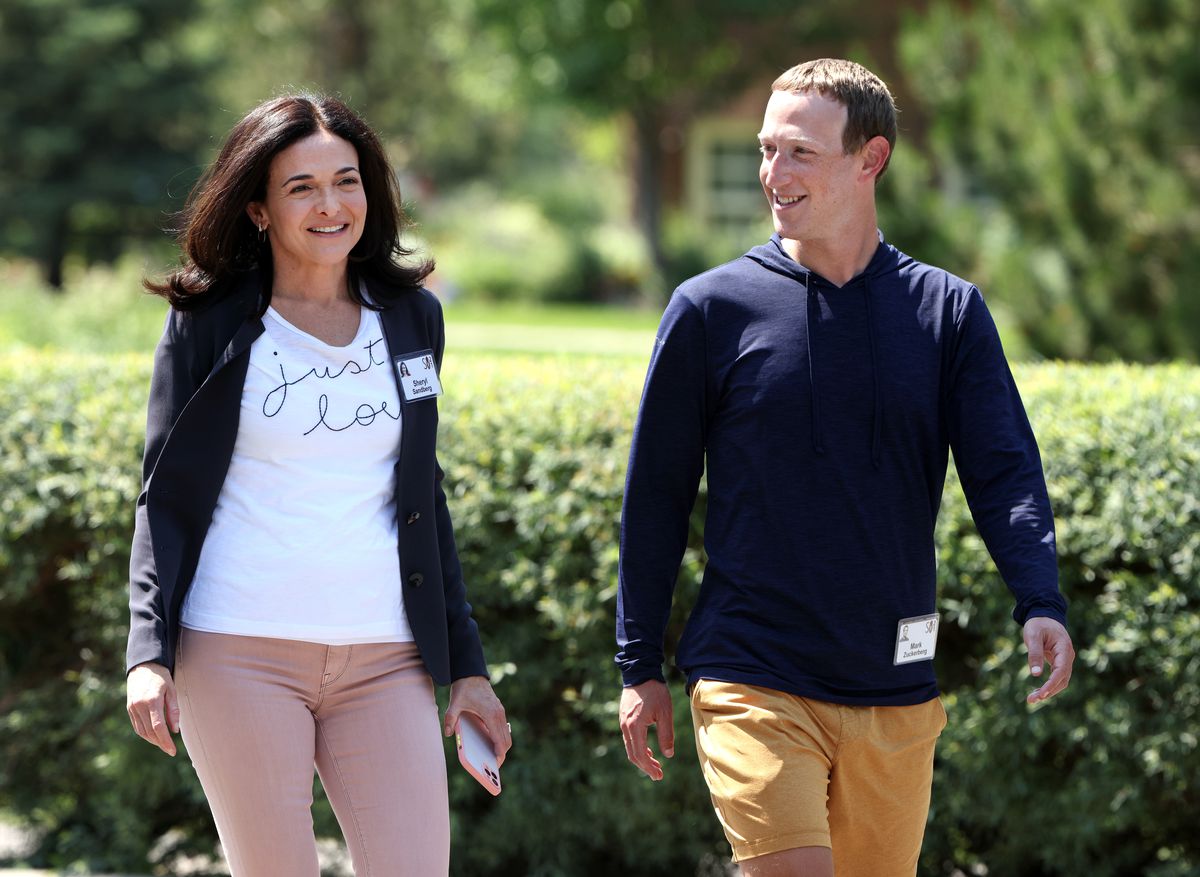
Then, No. 2, I would break up the firm. The mergers of Instagram and WhatsApp are illegal and they should be unwound. That would create more fair competition in the social media market. And when firms compete, they usually have to compete by differentiating their product around quality. I would also break up their advertising. I would also sever Facebook’s ads subsidiary. [Editor’s note: Together with Google, Facebook’s advertising business represents a majority of all advertisements sold online in the US. Some have proposed separating these companies’ advertising business lines from their other lines of business to increase competition.]
And No. 3, set clear rules of the road for the industry around advertising. Just ban surveillance advertising. When I think about the problem, I look at it and I say, “Okay, this is a firm that has an advertising model that is based on undermining social stability.” They break the law and use legal power to fortify and protect their business model. So you have to address that. That’s the problem that I see.
Why do you think criminal liabilities for Mark Zuckerberg is a higher priority than breaking antitrust?
Antitrust or any regulatory policy is going to take several years to really go into force. And these guys just don’t care. They don’t care what the government does. They simply don’t believe that anything will affect them. And the only way to address that problem is to actually bring the problem straight to them. And that means sanctioning them personally: threatening to take away their freedom for violating the law. You have to make the stakes real.
The point here isn’t that Mark Zuckerberg is a bad guy. The point here is that you have a culture of lawlessness at the firm.
Brian Boland, former Facebook executive
Brian Boland is one of the few former Facebook executives to publicly criticize the company for its business practices, arguing that Facebook needs to be more transparent about the proliferation of viral misinformation and other harmful content on its platform. Boland was a vice president of partnerships and marketing, and worked at the company for 11 years.
Algorithms aren’t good or bad, they just promote things based on the way they’ve been initially coded, and then what they learn along the way, so it’s not like people deeply understand what algorithms do or why they do it.
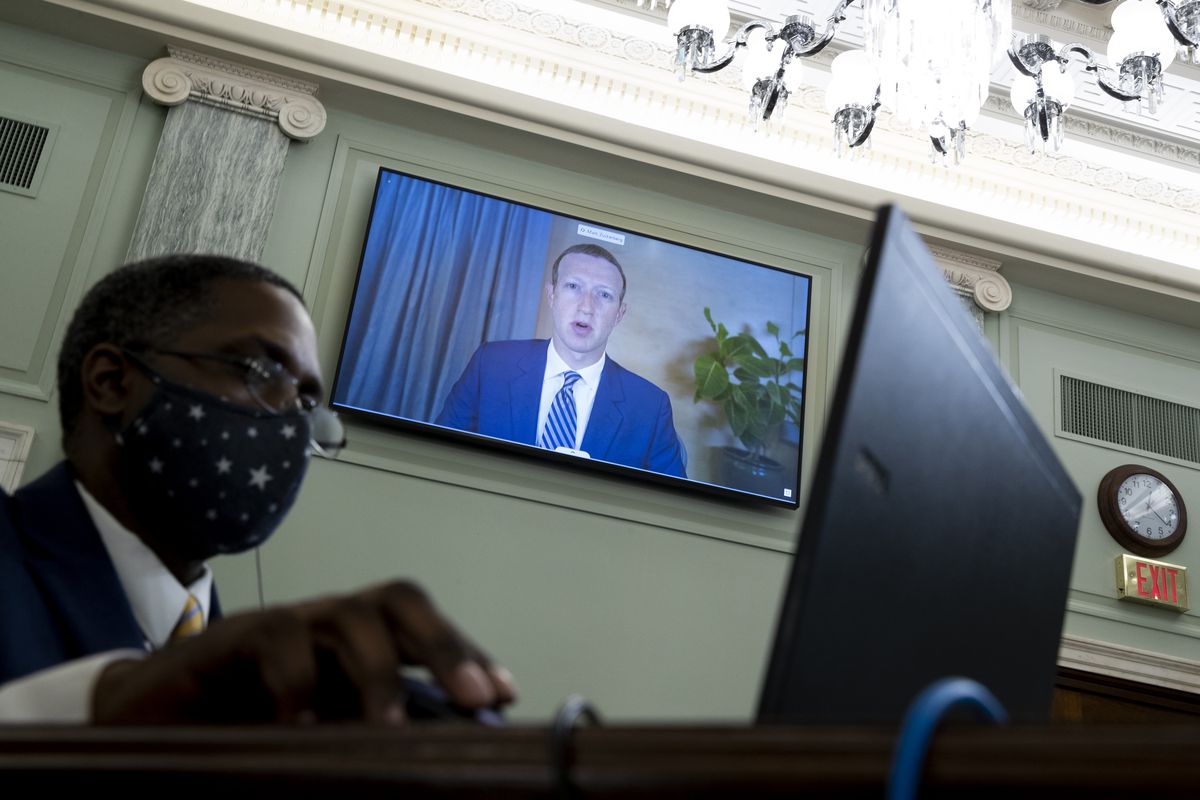
What would you change in Section 230?
There are two important elements for me: including a provision for a duty of care and removing protections of what algorithms amplify. A duty-of-care provision would ensure that Section 230 doesn’t remove the responsibility of platforms to reduce harms to their customers. This wouldn’t require that every harmful act is removed, but that the platforms take meaningful steps to reduce harm.
For the second part, we can ensure that we protect people’s free speech on platforms like Facebook, but actually hold the platforms accountable for what they choose to amplify. These algorithms take actions that make some speech heard far more than other speech. Facebook has control over its algorithms and should not be protected from the harms those algorithms can create.
Do you think Facebook can be reformed with Mark Zuckerberg at the helm?
There’s a chance, with strong regulatory oversight, that they’ll be forced to change — but his nature is not to move in this direction. If we want Facebook and Instagram to be responsible and safer, then I don’t think you can have him and the current leadership team leading the company.
Roger McNamee, early Facebook investor and member of “the real Facebook oversight board”
Roger McNamee is an early Facebook investor and former adviser to Mark Zuckerberg. He famously changed his opinion of the company after he saw what he believed were serious failures in its leadership and business priorities.
The starting place would be to ban any third-party use of location, health, financial, app usage, web browsing, and whatever other categories of intimate data are out there.
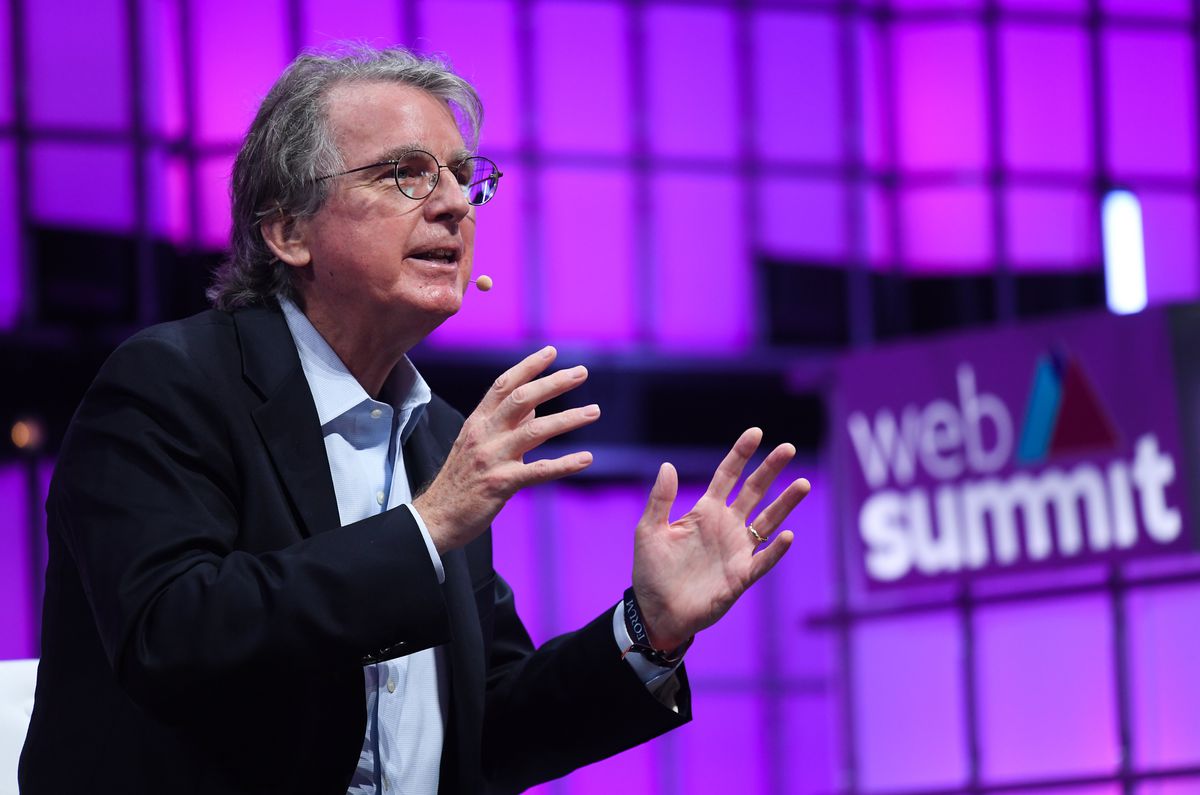
You used to have a relationship with Mark Zuckerberg as an early investor. Do you have any confidence that the company can be fixed under his leadership?
I think this is the wrong question, if you don’t mind my saying so. I think that the underlying issue here is, we tell CEOs that their only job is to maximize shareholder value. It used to be that you told CEOs that they had to find a balance between shareholders, employees, the communities where employees live (including the country where they live), and its customers and suppliers. They had five constituents, and now we only have one [shareholders]. And so it’s important to recognize that a big part of what’s wrong here is that we have operated in an environment where we just applied the incorrect set of incentives to managers in any field, and Mark has just been more successful than other people in creating a product that took advantage of the complete absence of rules.
Benedict Evans, technology analyst
Benedict Evans is one of the tech industry’s leading analysts and thinkers on the business of social media. He is an independent analyst, and used to work for the venture capital firm Andreessen Horowitz, an early investor in Facebook.
Do you think anything else needs to be done to fix many of the problems Facebook is criticized for? And if so, what do you think should be done?
We are clearly on a path toward regulatory requirements around content moderation both in the EU and the UK. I don’t know how you could do that in a way that could be reconciled with the American Constitution — it sounds like a legal requirement to remove speech.
You can believe that there’s a lot of nonsense talked about Facebook and also believe that it has huge problems, isn’t on top of them, and doesn’t have the incentive structures right. But it’s amazing to me how much of the press and how many politicians completely ignore YouTube, which has almost exactly the same problems.
Why do you think breaking up Facebook is not the right response?
What is the theory for why changing who owns Instagram would stop teenage girls from looking at self-harm content, and for that content being shared and suggested? Why would the dynamics change? Such a move certainly would not make it any easier to compete with Instagram, just as making YouTube a separate company would not make it any easier to make a new video-sharing site. The network effects are internal to the product, not the ownership. It also wouldn’t change the business model.
To take an analogy from another generation, there are all sorts of problems with cars, and they kill people, but that doesn’t make it sensible to compare them with tobacco. And we can punish GM for shipping a car it knows will blow up in a low-speed rear collision, but we can’t make it stop teenage boys getting drunk and driving too fast. Not everything is an antitrust problem, and most policy problems are complicated and full of trade-offs. Tech policy isn’t any simpler than education policy or health care policy.
I often think the sloganeering around “break them up!” and indeed, the new comparison of tech to tobacco, is displacement: People are hunting for simple slogans and easy answers that let you avoid having to grapple with the complexity of the issues.
In the US, the cult of the First Amendment makes this even harder. The US cannot pass laws requiring social media companies to remove X or Y, whereas the UK and EU are already well on the way to passing such laws, which makes “break them up” an even stronger form of displacement — it’s what you can do as a US politician, rather than what can work.
Rep. Ken Buck
Rep. Ken Buck (R-CO) is a leading Republican in Congress on regulating tech. He co-led the historic congressional investigation into Big Tech and antitrust which finished last year, and has been one of the most senior members of his party to join with Democrats in bipartisan legislation to strengthen antitrust laws.
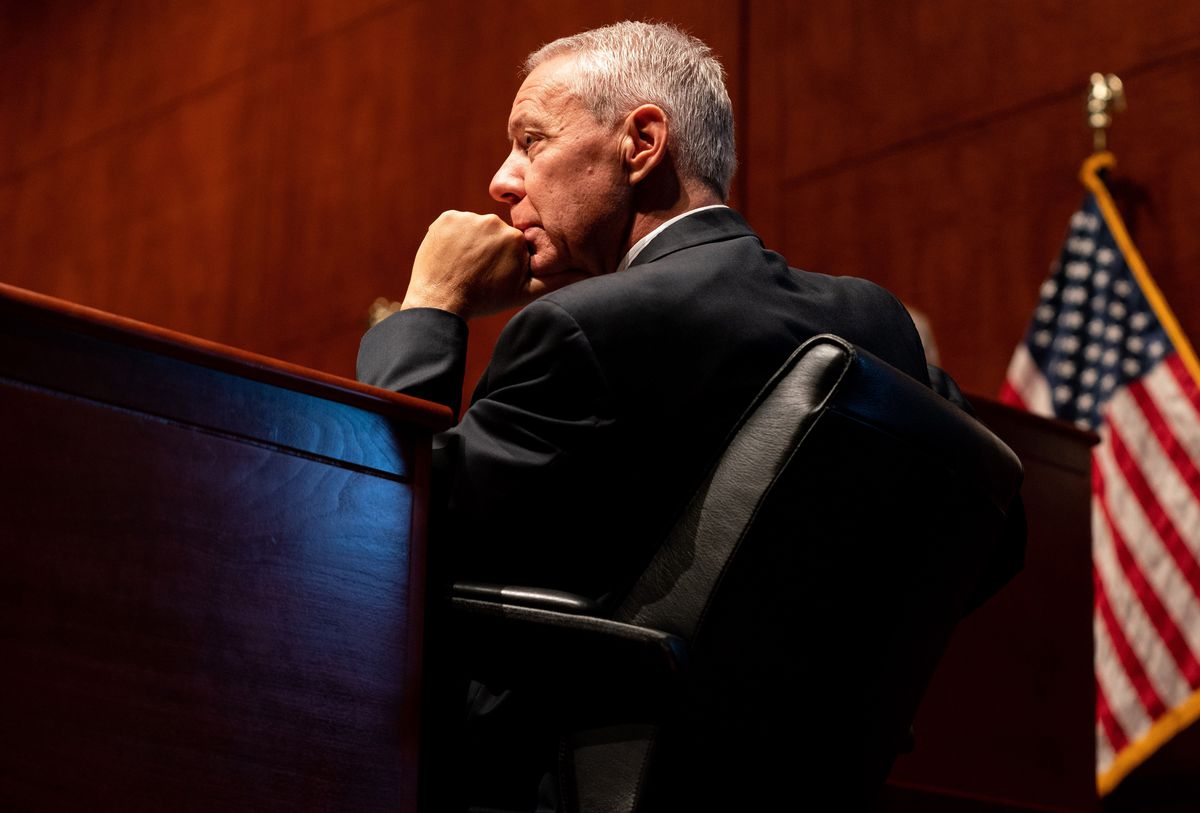
Two, trying to fix the situation which we are in with antitrust laws, and perhaps with reforms to Section 230. [Editor’s note: Section 230 is a landmark internet law that shields social media companies from being sued for most kinds of illegal activity committed by their users]. And then No. 3, it’s really up to the executive branch to make a decision on whether there is criminal liability, civil liability, and how to proceed.
Do you think Facebook should be broken up into separate companies?
I’m not sure that breaking up Facebook from Instagram makes as much sense as having other companies that are competing with Facebook and Instagram, in trying to innovate better and, frankly, offer parents an alternative.
I’m absolutely opposed to regulation. I don’t think the government should say, “This is appropriate speech in the newspaper or on Facebook or on Twitter.” I don’t think the government should say, “This is a feature that is positive or negative.” I think we’ve got to give consumers a choice. I think we make much more rational decisions when consumers make that choice.
When someone associates the word regulation with me, they think I’m going crazy. When they associate the words “competition in the marketplace” with me, they’re thinking, “Oh, okay, now I understand.”
Do you think that Facebook can be fixed with Mark Zuckerberg at the helm?
I think he has to take full responsibility and either take himself out of the picture, and others out of the picture, or make sure that changes are made so that he’s getting better information to make better decisions. But Facebook cannot continue to exist, should not continue to exist, the way they have.
Rashad Robinson, president, Color of Change
Rashad Robinson is the president of Color of Change, a civil rights advocacy group that co-led a historic advertiser boycott against Facebook last June in protest of the proliferation of hate speech on the platform.
How would you fix Facebook?
I would have Instagram and WhatsApp owned by other people. And so I would shrink it.
And I would create real consequences and liability to its business model for the harm that it causes. And I would force Facebook to actually have to pay reparations for the harm they have done to local independent media, and to all the sorts of institutions that their sort of platform has destroyed.
Do you think you’ve seen progress since you helped lead the boycott against Facebook?
At that time [of the boycott], we didn’t have any levers within the government. There was no one to ask at the White House to get involved in this. Now a year has happened and we have a Biden administration. And so my demands are not to Facebook anymore, my demands are to the Biden administration and to Congress, and to tell them that they actually have to do their jobs, that we have outsized harm being done by this platform, and they actually have to do something about it.
What would real consequences look like for Facebook?
I’m not the numbers guy, but I do think [the consequences that] we’ve seen in the past from the FTC and other places have been the equivalent of a maybe expensive night out for [Facebook]. [Editor’s note: In 2019, the FTC fined Facebook $5 billion for its privacy failures in the Cambridge Analytica scandal. While it was a record-breaking fine imposed by the FTC, it failed to hinder Facebook’s financial performance and growth.]
I think that surveillance marketing on these platforms, combined with these platforms being able to have Section 230, that has to end — you can’t have it both ways. [Editor’s note: Surveillance marketing, or surveillance capitalism, is a pejorative name for business models — such as those that underpin Facebook and Google — that track people’s online behavior to target specific advertisements to them.]
Do you think Facebook can be fixed with Mark Zuckerberg in charge?
The current leadership lacks the sort of moral integrity to be the type of problem solvers our society needs. And the sooner they deal with the structures that have allowed them to be in charge, the better for all of us. But to be clear, this moment we are in — the story will be told in generations about who Mark Zuckerberg is and what he has done. And Mark Zuckerberg will always want to play by a different set of rules. He believes he can. He’s built a system for that.
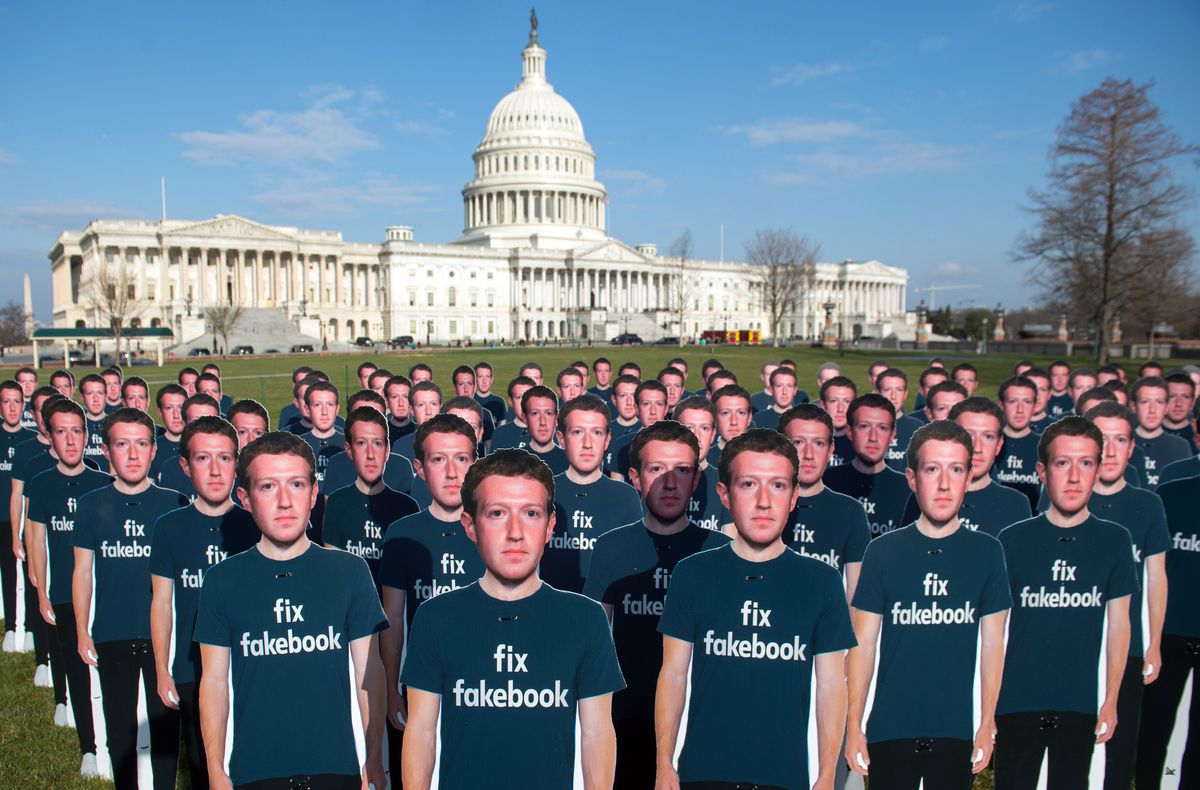
Nate Persily, professor at Stanford Law School and director of the Stanford Cyber Policy Center
Nate Persily co-founded an academic partnership program with Facebook in 2018, called Social Science One, which aimed to give researchers studying the real-world effects of social media unprecedented access to otherwise private Facebook data.
How would you fix Facebook?
The internet platforms have lost their right to secrecy. They simply are too big and too powerful. They cannot operate in secret like a lot of other corporations. And so they have an obligation to give access to their data to outsiders.
I have been working on this for five years. I’ve tried to do it with Facebook, and I’ve become convinced that legislation is the only answer.
And why do you think this is the first of Facebook’s problems to fix?
There is a fundamental disagreement between conventional wisdom and what the platforms are saying on any number of these issues.
That’s where the Haugen revelations are so momentous. It’s not just that you see quasi-salacious stuff about what’s happening on the platforms — it’s that you actually get a window into what they have access to and the kind of studies that they can perform. And then you start saying, “Well, look, if outsiders with public spirit had access to the data, think about what we could learn right now.”
Of course, all of this has to be done in a privacy-protected way to make sure that there’s no repeat of another Cambridge Analytica — and that’s where the devil is in the details.
Why should the average person care about Facebook being transparent with its data with researchers?
If you think that these platforms are the cause of any number of social problems stretching from anorexia to genocide, then we cannot trust their representations as to whether social media is innocent or guilty of committing these problems or contributing to these problems. And so [transparency] is a prerequisite to any kind of policy intervention in any of these areas, as well as actions by civil society. So part of it is informing governments and policymakers, but some of it is also informing us about what the dangers are on the platforms and how we can act to prevent them.
Transparency is a meta problem, if you will. It is the linchpin to studying every other problem as to the harms that social media is wreaking on society. And let me also say, we should be prepared for the possibility that when we do have access to the data, the truth is going to be not as bad as people think.
The story could be a much more complicated one than that algorithms are manipulating people into doing things that they otherwise wouldn’t do.
How do you make sure that Facebook is transparent with the data?
It’s quite simple. The FTC, working with the National Science Foundation, shall develop a program for vetted researchers and research projects, and shall compel the platforms to share the data with those researchers in a privacy-protected format. The data will reside at the firms [and will] not be given over to the federal government, so that we prevent another Cambridge Analytica.
It’s also not just about requiring data transparency [with researchers]. We should require [social media platforms] to disclose certain things to the public that are not privacy-dangerous. Basically, something like, “What are the most popular stories and popular links on Facebook each day?” That is not privacy-endangering.
Sen. Ed Markey
Massachusetts Sen. Ed Markey, a Democrat, has been a key congressional voice on online privacy for children for over two decades. He co-introduced the Children’s Online Privacy Protection Act of 1998 (COPPA), a law requiring tech companies to obtain parental consent “before collecting, using, or disclosing personal information from children” under 13. Today, he’s focused on updating COPPA and making broader reforms to the tech industry.
How would you fix Facebook?
Groups are probably the most broken things on the platform today.
If I could pick one thing to really focus on in the short term, it would be more sophisticated rethinking of groups and how people are recommended groups, and how groups are evaluated for inclusion and being promoted to other people.
Why do you think fixing Groups is more important than, say, what people see in their news feed?
Because [groups] are a very, very significant part of what you see in your feed.
QAnon came out of these groups that were recommended to people, and then they came to be places where people really felt that they had found new friends and, in a sense, that kind of insularity. They evolved into echo chambers, and the groups became deeply disruptive.
But Facebook did not appear to have sophisticated metrics for evaluating [if] what was happening within groups was healthy or not healthy. The challenge became: Once groups are formed, disbanding them is a pretty major step. Perhaps one example of this is the Stop the Steal group, which grew to several [hundreds of thousands of] people or more. [Editor’s note: The Stop the Steal Facebook group was one of the key platforms where organizers of the January 6 Capitol riot prepared to march on Washington, DC.]

How could Facebook better curate content?
I think there are certain areas where [Groups] should largely be kept out of the recommendation engine entirely. I believe there are plenty of researchers who disagree with me, but I do believe that there are many areas where it’s not a problem to allow the content to be on site — it’s more a matter of it being amplified and pushed to new people.
[But] health misinformation actually kills people. Like, there is a non-theoretical harm that is very, very real. And that’s where I argue for certain cases being treated distinctly differently. You’re not going for six people being wrong on the internet, or at the local pub, or standing at the local corner with a bullhorn. That’s not what we’re going for. When we give people amplification, when we enable them to grow massive communities that trust in them [rather than] in authorities — which are institutions that actually have more accurate information — then we find ourselves in a situation where there are real negative impacts on real people in the real world. And so that question of, “How do we understand harms?” is actually the guiding principle that we should be using to understand, “How do we rethink curation?”
Katie Harbath, former director of public policy at Facebook
Katie Harbath spent 10 years working at Facebook, including as a public policy director on issues like election security. She left the company this March and is now the founder and CEO of tech policy consultancy Anchor Change.
How would you fix Facebook?
I think one of the struggles with Facebook right now is just people see Mark, hear Mark, or see the name Facebook, and they just don’t trust anything that comes out of their mouths.
Are there changes in leadership at the top and fresh blood that are needed to help really give a new perspective, and really be somebody that people would listen to?
Can you talk a little bit about organizational and structural problems at Facebook?
Facebook’s such a flat company, and they want to move fast. They’re giving People [HR] employees different metrics because most of those are usually centered around growth. Then, when the Integrity team comes in and wants to make changes that might slow those numbers, you can get resistance. [Editor’s note: The Integrity team at Facebook is responsible for assessing the misuses and unintended consequences of the platform.] Because that’s what people’s bonuses are attached to.
The tech world loves working in ones and zeros — they’re very data-driven. Data wins arguments. But the problems that the Integrity team is working on aren’t all data-centric. There’s a lot of nuance. There’s gonna be trade-offs. So if you’ve got Integrity as a whole separate team, they’re trying to go to another team and be like, “Hey, you should do this because it’s gonna produce X, Y, and Z harms.” But they’re like, “Well, that’s gonna screw up my metric, and then I’ll get a bad performance review.” So you end up pitting teams against one another, like Integrity and Product.

How would you fix that?
There’s no structural change that’s perfect.
But is it right for Integrity to be under Growth? Should it be separate? Should it be better integrated into the product lifecycle? One of the things that came out of some of these settlements around privacy is that there are particular procedures that the company had to put into place in order to make privacy considerations from the very beginning. So are there elements of that, that need to be done with the Integrity team?
Derek Thompson, staff writer, the Atlantic
Derek Thompson writes about economics, technology, and the media. He’s been writing about Facebook for several years, and his recent piece comparing Facebook to “attention alcohol” has sparked conversations about reframing how we think about social media.
How would you fix Facebook?
One, I would treat social media the way we treat alcohol: have bans and clearer limitations on use among teenagers. And study the effects of social media on anxiety, depression, and negative social comparison. Two, I would continue to shame Facebook to edit its algorithm in a way that downshifts the emphasis on high-arousal emotions such as anger and outrage. And three, I would hire more people to focus not on misinformation in the US, but on the connection between mis- or disinformation and real-world violence in places outside the US, where real-world violence flowing from these Facebook products is a common phenomenon.
What would it mean to treat Facebook the way we treat alcohol?
The debate about Facebook is way too dichotomous. It’s between one group that says Facebook is effectively evil, and another group that says Facebook is basically no big deal. And that leaves a huge space in the middle for people to treat Facebook the same way we think about alcohol. I love alcohol. I use alcohol all the time, the same way I use social media all the time. But [with alcohol], I also understand, based on decades of research and social norms, that there are ways to overdo it.
We have a social vocabulary around [alcohol] overuse and drinking and driving. We don’t have a similar social vocabulary around social media. And social media can be very good as a social lubricant — and also dangerous as a compulsive product, as we have with alcohol. And that’s why I see them as reasonably analogous.
How would you change Facebook’s algorithm?
Facebook is both a mirror and a machine. It holds up a high-quality mirror to human behavior and shows us a reflection that includes all of human kindness, and all of human generosity, and all of human hate, and all of human conspiracy theorizing, but it is also a machine that, through the accentuation of high-arousal emotions, brings forth or elicits the most outrage and the most conspiracy theorizing and the most absurd disinformation.
We can’t fix the mirror — that would require fixing humanity. But we can fix the machine, and it’s pretty clear to me that the Facebook algorithmic machine is optimized for surfacing outrage, indignation, hate, and other high-arousal negative emotions. I would like to see more research done not only by Facebook itself but also by any government, the NIH, maybe by Stanford and Harvard, on alternative ways of organizing the world’s information [than] predominantly by the hybrid distribution of high-arousal negative emotions.
Can you explain why addressing Facebook’s issues in its operations outside the US is a priority problem that you would fix, and how you would fix that?
Most tech critics are hysterically over-devoted to the problems of technology in America, when these tech companies touch billions of people outside of America. And we should spend more time thinking about their impact outside of the country where their headquarters are based. Most of Facebook’s research into its negative effects, as I understand it, is focused on the effects of Facebook in the US. But we didn’t have WhatsApp- and Facebook-inspired genocide in the US.
Correction, November 8, 9:40 am: A previous version of this story misstated the last name of Rashad Robinson, president of Color of Change.

